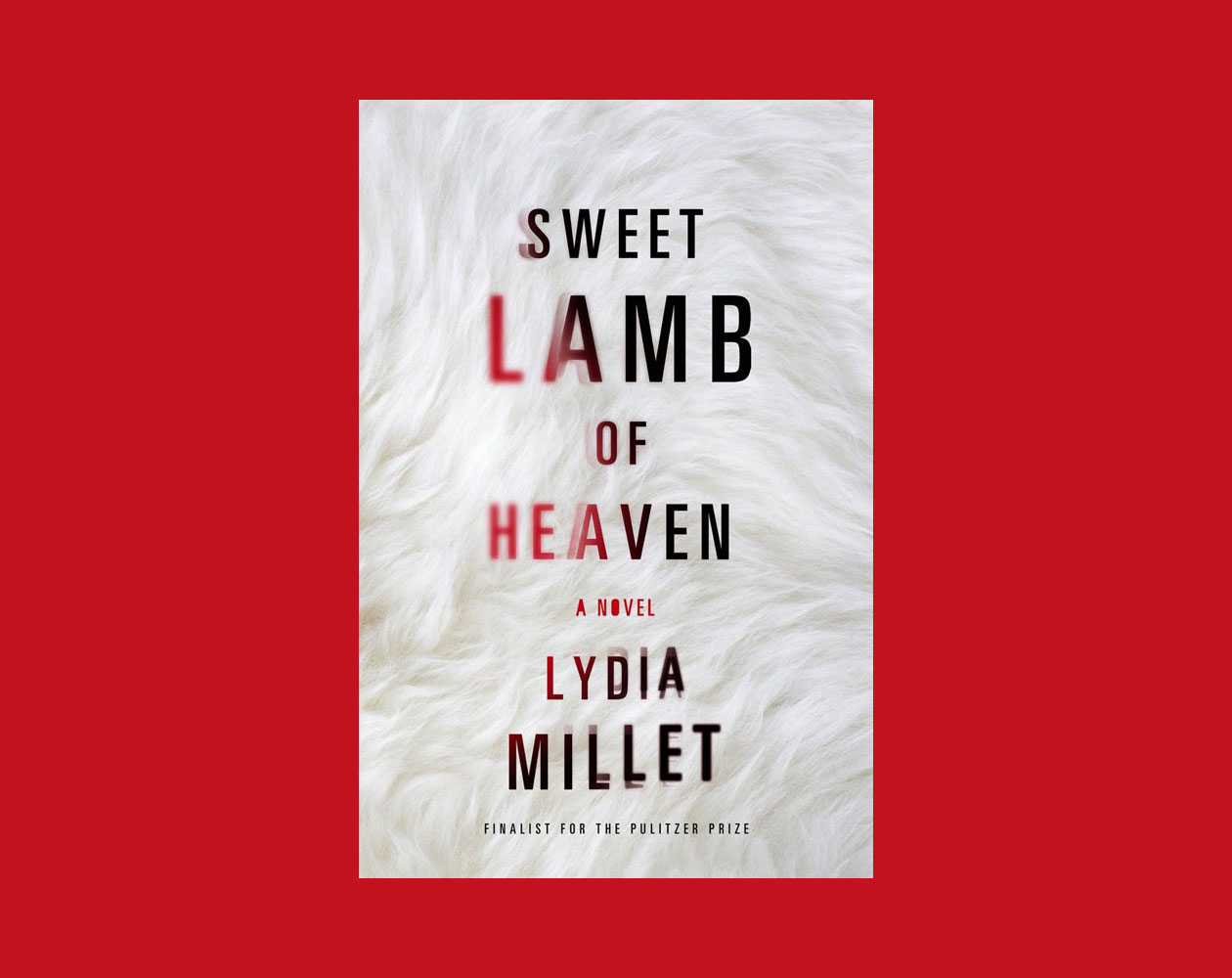

We are faced with a doomsday scenario that most of us routinely choose to ignore, as well as a drumbeat of lesser oblivions. We like to call the dark rumors demonic, like to have monsters to fear instead of time, aging, the falling away of companions.” It’s true, we have an insatiable appetite for end-times entertainment, where the heroes face towering threats so much more spectacular than the mundane diminishment that awaits us all.Īnd yet, ironically, the world really is in peril, its fate hanging in the balance. Nevertheless, Millet is quite serious with Sweet Lamb of Heaven, and when she wants to, she can unleash a bladelike lyricism: “We watch movies, read books made glamorous by black-and-red palettes of horror, the hint of an otherworldly malice running like quicksilver through the marrow of our bones. Ned’s slogans, Anna thinks, “felt like objects to me-prefabricated items he had purchased quickly in a store, items he was busily stuffing into his shopping cart without close scrutiny.” But she has no doubt he will try to find a way to force her to comply, and she soon learns that she has underestimated the extent of his reach. But then Ned decides to launch a career in politics, and since his platform features a Sarah Palin–esque appeal to the “sanctity of every human soul” and “the greatness of the American family,” he needs to reassemble his own family for the requisite voter-friendly photo ops and meet and greets. Ned isn’t abusive, merely cold and neglectful, and when Anna first left him, he barely minded the loss of his wife-“He’d been indifferent to me for a long time, as he’s indifferent to most people who aren’t of use to him”-or the daughter he never wanted in the first place.

Sweet Lamb of Heaven’s woman-in-peril plot at first seems to lack the confidence of its melodrama. That’s a serviceable if not particularly original premise for what turns out to be an extraordinary metaphysical thriller from one of America’s most inventive novelists. See all the pieces in the Slate Book Review.

It thought he was its mother, but its mother was gone.Īs, after a while, all the mothers would be. At the end of How the Dead Dream an animal crawls into the narrator’s sleeping bag.īack to the beginning and on to the end-home was flesh, was nearness. Offill: I wish I had written entire books of hers, but her endings in particular just kill me. They’re best in context, of course, but one I particularly admire is this, the narrator’s ideas for sayings to be written in fortune cookies, if the cookies and the fortunes were American: Objects create happiness. of Speculation contains numerous enviable lines. If you could steal one scene or sentence from the other one’s work, what would it be? Millet: See above-I throw things away a lot. What’s the worst writing habit you’ve ever had?


 0 kommentar(er)
0 kommentar(er)
